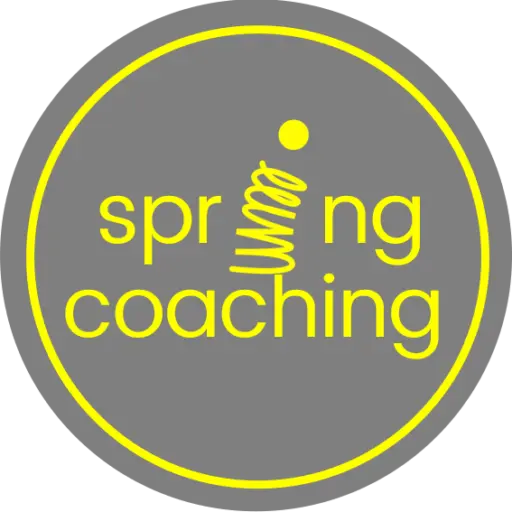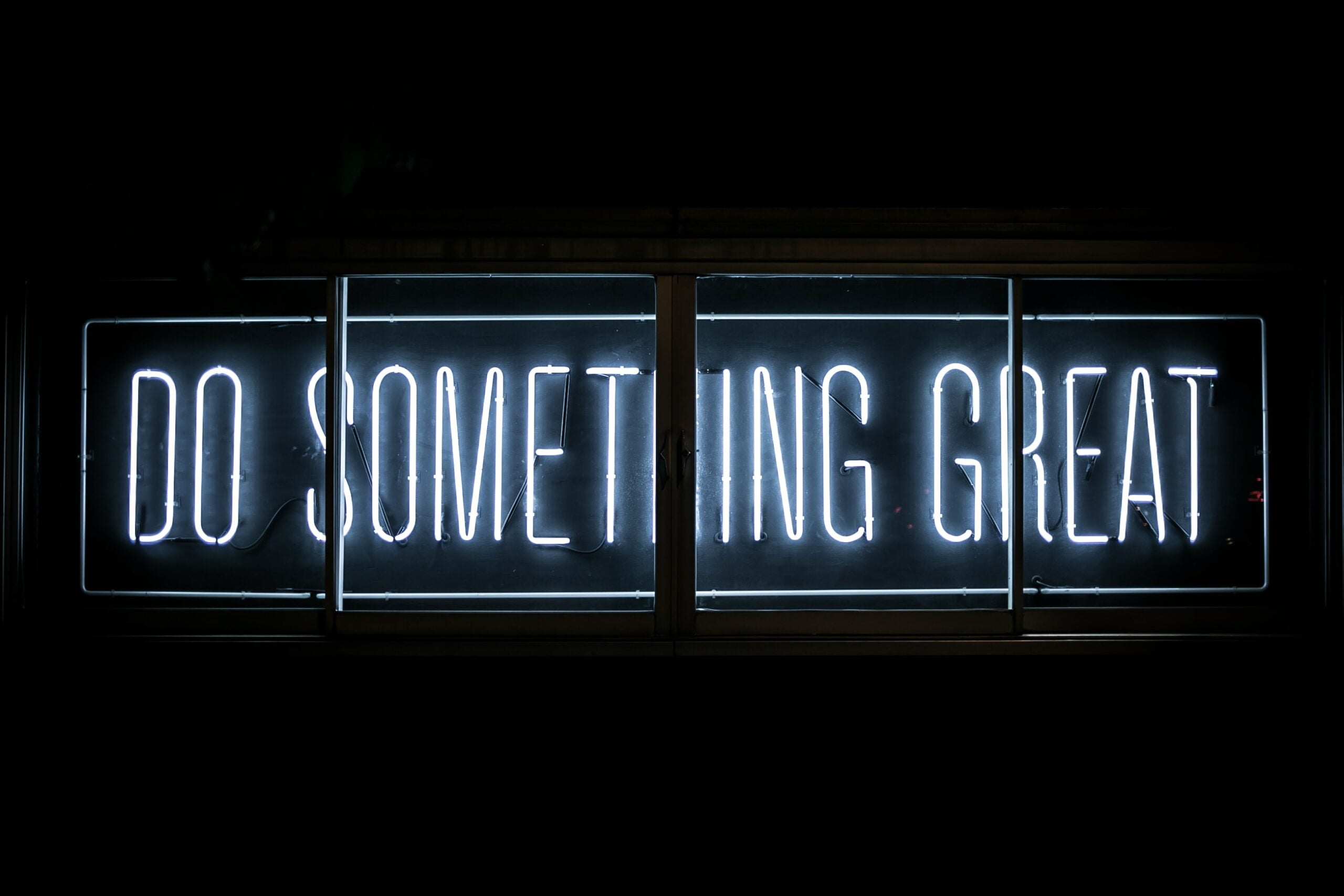Bridging the Gap: The Power of Professional Performance Coaching
Mastering the art of behaviour change
Have you ever looked at those individuals who consistently seem to rise to the top, effortlessly achieving their goals without a hair out of place and leaving you wondering how they do it?
Is it luck? Did they inherit or buy their way into their success?
It’s not about luck or privilege; it’s about mastering the art of behaviour change.
These perpetually high achievers understand how to bridge the gap between knowing what needs to be done and actually doing it, with purpose and intent. They recognize that change isn’t easy; it’s a journey that demands effort and commitment.
Change is hard. Change is tough!
The fact that change is so challenging is where the beauty lies. If it were easy, everyone could do it and there wouldn’t be the opportunity to stand out and be extraordinary.
But the truth is, achieving remarkable success requires hard work, dedication, and the ability to transform. Those who excel at change have typically spent squillions of hours researching, experimenting, and fine-tuning their winning formula for success. But there’s an easier, quicker way—a professional performance coach.
What is a professional performance coach?
A professional performance coach specialises in guiding individuals toward their peak potential and the achievement of their goals. Whatever their client’s version of success and peak performance is. They focus on personal and professional development, offering insights, strategies, and unwavering support to help clients conquer challenges, enhance their skills, and excel in their chosen fields. Remarkably, they do this without giving advice, as coaching is traditionally considered an “advice-free zone.” More on this in a later blog (sign up for our newsletter so you’re the first to hear when it goes live).
But what does this actually mean? What qualities should you look for when selecting a performance coach to be your trusted high-performance sidekick?
What to look for in a professional performance coach
1. Change-maker know-how
A performance coach possesses a profound understanding of human learning, development, and behaviour. They often have backgrounds in psychology, health, performance improvement, or optimization, bringing invaluable expertise to the table.
2. Seek not to be needed
Effective coaches don’t hand out answers; instead, they empower client autonomy. They guide clients to discover their own solutions through powerful questions because, in the end, the client knows themselves better than anyone else. A true transformational coach’s goal is to be not needed by their clients. That’s when they know they’ve done their job successfully.
3. Support successful goal-setting
If you’ve been following me for a while, you’ll how important goals are. As Tony Robbins says, “Setting goals is the first step in turning the invisible into the visible.”
But how you set goals matters and can make or break your chances of success. Check out “A Hero’s How to Guide for Successful Goal Setting” for more on this. A Performance Coach excels at helping clients set clear, meaningful goals and create actionable plans to achieve them, significantly increasing the likelihood of success.
4. Skilled in client-centred coaching
The success of any coaching journey hinges on the relationship between the client and their coach. Change is most likely to occur when you’re working with a coach with a special skill set that is commonly associated with client-centred coaching, and coincidentally also criminal interrogations.
When it comes to dealing with people, even in extreme cases like criminal interrogations, the ability to build rapport is key. A client-centred coach is masterful at offering compassion, curiousity, appropriate challenges, and acceptance that change may not happen right away.
A client-centered coach knows you can’t tell, berate, or lecture someone to change. Change can’t be forced through guilt or shame. Instead, it needs to come from the client when they are met with a spirit of compassion, curiousity and even acceptance that sometimes change may not happen.
5. Use an awesomeness-based approach
If you’ve heard the phase “This too will pass”, you’ll be familiar with a key concept of an “awesomeness-based coaching approach” a term coined by renowned international global coaching academy Precision Nutrition.
Awesomeness-based coaching recognises that which acknowledges that not everything is negative. There are bright spots and moments of success that can be leveraged for motivation and progress. An awesomeness-based coaching approach looks for these moments, or bright spots and capitalises on them. When we feel successful, we feel motivated and energised to keep doing that thing, making success so much easier.
6. Walk the talk
Change requires a specific mindset, a growth mindset. A growth mindset, as defined by Carol Dweck, is the belief that one’s abilities and intelligence can be developed and improved over time through dedication, hard work, and learning.
For a coach to be successful in fostering change in others, they must also embrace change in themselves. Top performance coaches are committed to achieving their peak potential as well, and will invest in professional development.
Your trusted high-performance sidekick
In the world of stiff competition, a professional performance coach is your greatest ally. With their guidance, you can break down barriers, unlock your potential, and achieve your goals. Change isn’t easy, but it’s the path to standing out and being truly remarkable.
If you’re ready to bridge the gap between where you are and where you want to be, book in for a complimentary coaching call today.
About the author
Josie Askin, CEO of Spring Coaching, is a performance and productivity coach who works with driven leaders and entrepreneurs to improve their performance and productivity.
Josie has nearly 20 years working in government, in a range of advisory roles. She became interested in the gaps between workplace performance and wellbeing, gradually building analogies between sport and business performance while gaining several coaching qualifications. Now she deals with clients under pressure from all walks of life offering tailored leadership performance coaching, workplace wellbeing programmes, workshops, speaking and facilitation.

